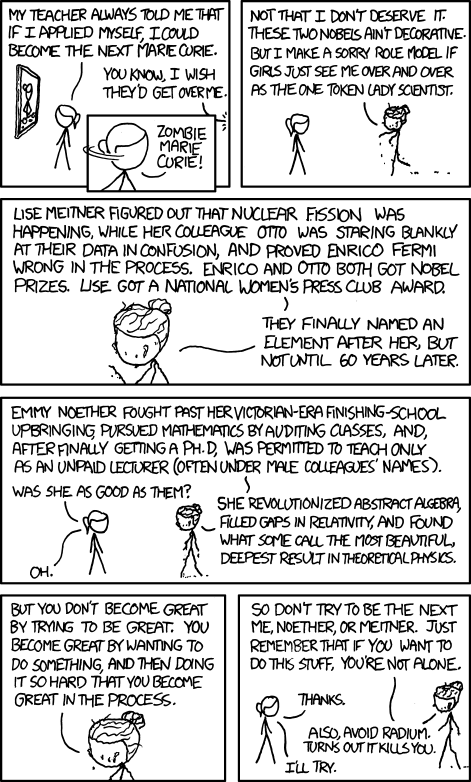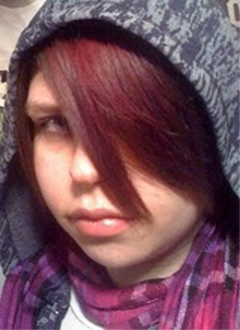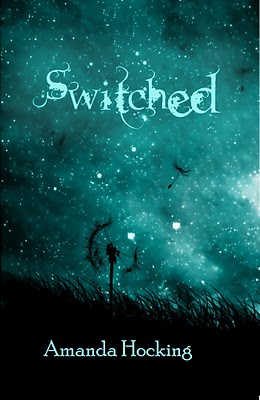In response to my 2009 post “7 Key Self-Motivation Strategies for Writers,” Ankush commented about his own experiences applying some of the ideas in the article and then asks some thorny questions about where we go from there. One of those questions was this, which applies as well to many other areas of life as it does to writing:
Will I ever 100% enjoy writing or will it always be a cold, suffocating process to start and finish a piece?
Having talked with many dozens (possibly hundreds) of successful and aspiring writers about their process, it seems clear to me that some writers find writing is very hard work and often unpleasant; others find it to be work like any other work; and yet others find it to be loads of fun, even when it’s difficult. I know of successful writers in all three categories: none is an absolute barrier to success (though I know which approach I prefer).
Happiness vs. pleasure
The first thing to know is that happiness comes from fulfillment or satisfaction, not necessarily pleasure per se (see “The Difference Between Pleasure and Happiness“). A lot of activities engage us even when they don’t offer immediate pleasure, everything from performing open heart surgery to watching horror movies, from running a marathon to playing a video game (see “A Surprising Source of Insight into Self-Motivation: Video Games“). We get engaged in these things because of larger goals: healing people, accomplishing something difficult, being healthy, or connecting emotionally with something we see. It’s these meanings that make our actions worthwhile even when they’re not always pleasant to experience.
A sense of rightness
This works the way it does partly because happiness has a lot to do with a sense of rightness. We might call this “pride” in the sense of our images of ourselves matching our visions for what we want to be. For instance, if I find out that someone has been entertained or helped by something I wrote, then my view of myself as an effective writer matches my aspiration to be an effective writer: all feels right with the world.
Note that we’re not talking about pride in terms of arrogance or a sense of superiority: we’re talking about something more akin to what we can sometimes feel through meditation (see “Strengthen Willpower Through Meditation“). If I am meditating and I successfully let go of all of my expectations and preoccupations, even if only for a few moments, then suddenly there is nothing I want or need that I don’t have. Strangely, you can get a very similar feeling by either reaching your goals or by letting go of them. Of course, if we’d like to live a life in which we get things done, then both learning to let go of things that don’t truly matter and pushing hard to get to goals that really do matter need to fit into the equation. Getting wrapped up in too many things drags us down, and getting wrapped up in too little leaves us without an anchor.
So in a larger sense, writing (or anything else difficult that’s worth doing) is going to feel good to us to the extent that we feel like we’re doing a good job at it. This is where we come to some potentially practical ideas, because how we feel about things has a great deal to do with what we tell ourselves about those things, our internal commentary. To really delve into this idea and to understand it well enough to start turning your own moods around at will, check out “All About Broken Ideas and Idea Repair.”
Internal commentary in a nutshell
If you decide not to read that material just now, the brief explanation is this: we act as commentators on our own lives, often without realizing it. Whenever we do something or think something or experience something, we normally make judgments about that and then relay those judgments to ourselves. For instance, someone might cut me off in traffic and come close to causing an accident. I could experience this a lot of different ways, and how I experience it will change how I feel. I might think
- That moron shouldn’t be driving!
- Wow, that was close. I’m glad I’m OK.
- Damn, these people come out of nowhere–there’s no way to be safe on the roads!
- Yeah, that’s exactly how my day has been going.
- I’m a much better driver than that guy!
I might feel proud, scared, angry, resentful, worried, relieved, or any number of other things, and how I feel is dictated in large part (though not entirely) by how I think about the situation. So too with my writing. I might write 250 words in a day and be proud that I wrote at all, annoyed that I wrote so little, delighted that I wrote something that is meaningful, despondent that what I wrote wasn’t better, and so on.
Right vision and action to match
Accordingly, it helps to have a vision of writing that you care about and can live up to–and then to pursue that vision. If you want to get more pages turned out, focus on setting daily word count goals. If you want your writing to be better, mix your writing with reading about writing, getting feedback, and critiquing other people’s work. If you want to get published more, send out more of your work. As long as you working hard on a goal that’s important to you and giving yourself credit for that work, you’re likely to feel relatively happy about what you’re doing. And of course it’s much easier to write a lot and to care about your writing if writing is a direct source of happiness for you.
To put it another way, if you’re spending your writing time beating yourself up about how bad your writing is or fretting about how slowly the novel is progressing, it will be hard to enjoy the process. If on the other hand you’re putting time and effort into aspects of writing that are important to you and giving yourself credit for doing so, it will be hard not to enjoy the process.
Don’t forget about flow
One last point about enjoyment and writing: while you can’t always be in flow (see “Flow: What It Feels Like to Be Perfectly Motivated” and “Some Steps for Getting into a State of Flow“), when you can achieve that state, you’ll be doing your best work and absolutely rapt.
Photo by redcargurl
PS – There’s more to say on other points Ankush brought up about knowing what to write and about genre versus literary writing, and I’m hoping to address those points in other posts in the near future.








